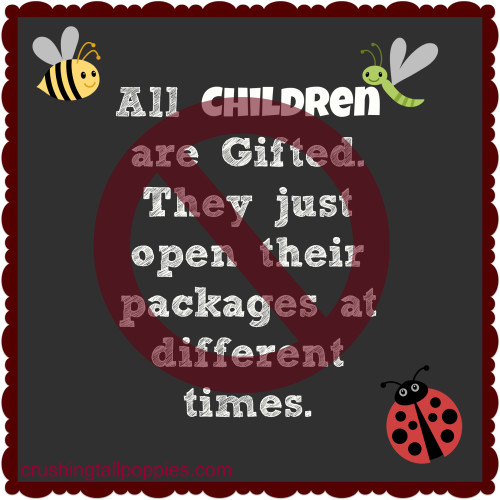I challenged a group of year 5/6s to, in ten tweets, create a personal profile. Aside from a quick discussion about the meaning of the word 'profile' and the format of tweets, I gave no other instructions. My intention was to gauge their understanding of digital citizenship as it applies to social media. (There was never any plan to actually post these tweets. They're written on paper and are currently in a pile on my desk.)
*insert wicked laugh here*
I'll be honest: I was more than a little curious to see what followed. They made for amusing, confusing, and at times concerning reading. I learnt more than I wanted to know about some children's eating and game playing and nothing about others. Actually, that's not true; I learnt that without exception they were a bit shaky about digital citizenship.
Our following session started with the word THINK on the board. I asked them to think about their tweets and, in particular, about whether they were satisfied with the picture they painted of themselves. Pretty resounding *no!* There were lots of reasons for this, but most notably: "none of them make sense". Well yeah: '#turtles' (that was the whole tweet!) probably doesn't mean much to anyone unless they've just asked 'what animals with renaissance artist inspired names did Splinter lead?'. Even then the hashtag is a bit out of place.
I took this opportunity to introduce the class to the idea that they did, indeed, need to THINK before posting anything on any form of social media. I used this particular image from Technology Rocks SeriouslyTechnology Rocks Seriously as inspiration:
 |
| Available from the Free Printables page at Technology Rocks Seriously |
(As a side note: you should DEFINITELY check out Technology Rocks Seriously. Shannon is amazing! She has loads of brilliant ideas and lots of wonderful printables - like the one above - for the classroom.)
We ran a few of the tweets through this filter and realised that not many of them would make it. The mood in the room became pretty sombre as everyone started thinking about changes they wanted to make.
Instagram seemed to be the place for most of these changes. I'm pretty sure it's the preferred social media of choice for this particular cohort, so that doesn't surprise me, but after a couple of people commented that they knew some of the photos they had posted of their friends weren't very kind, the reflections started to snowball.
The discussion turned quickly to photos of models being manipulated - which means they fail the true filter. Someone brought up the sharing of 'cheats' for games - which raised the question of whether that is actually helpful? We all agreed that a lot of the memes about politicians are anything but inspiring. Necessary was a bit of sticking point... Some people questioned whether anything we share on social media is necessary?
We touched on always getting permission before sharing an image - whether the permission of the person in a photo or by using images with appropriate creative commons licences. (You can imagine that it was a SUPER quick mention of that particular can of worms!)
It was a good reminder to me to stay vigilant about what I post, and the images I use.
Disclaimer: I KNOW that there's so much more to digital citizenship than this but for me (as a relief teacher), with this class, it was a good lesson. The students left thinking about their everyday online behaviour and ultimately that's the place from where good digital citizenship grows.
This relates to the following Australian Professional Standards for Teachers...
Standard 2 Know the content and how to teach it
Standard 4 Create and maintain supportive and safe learning environments



